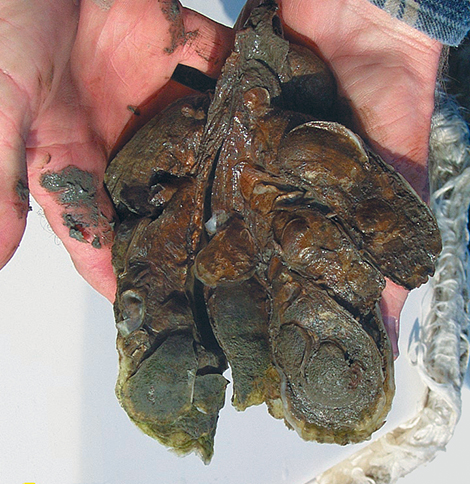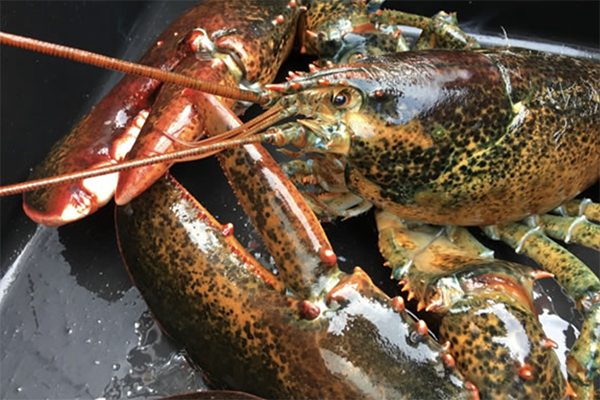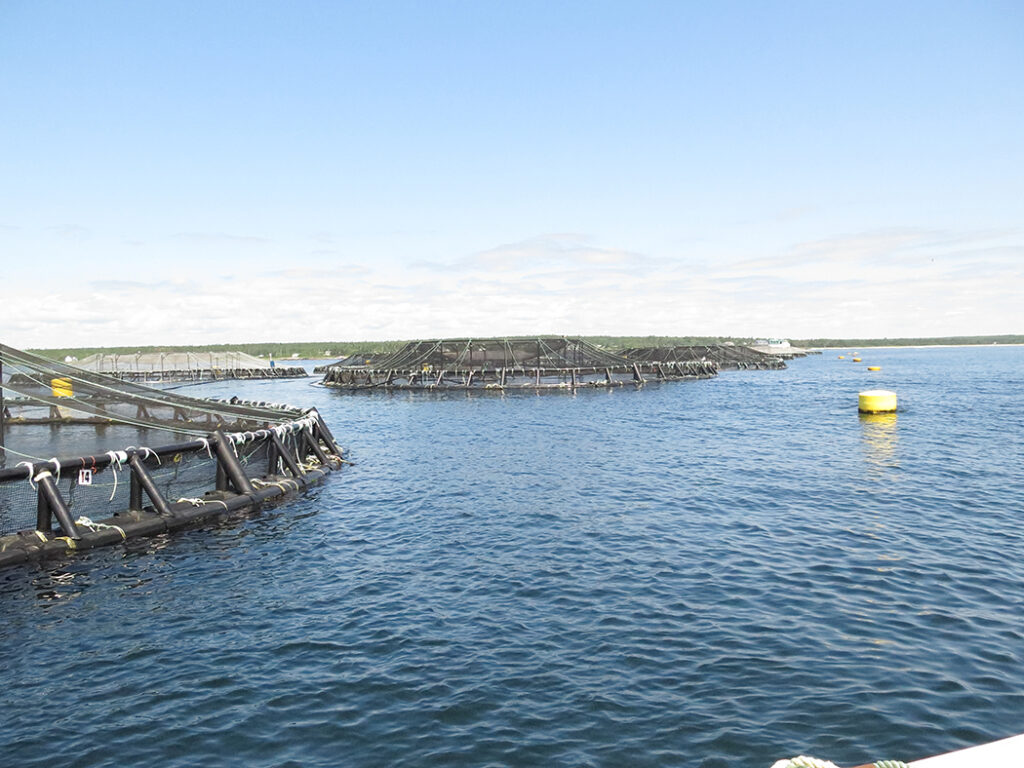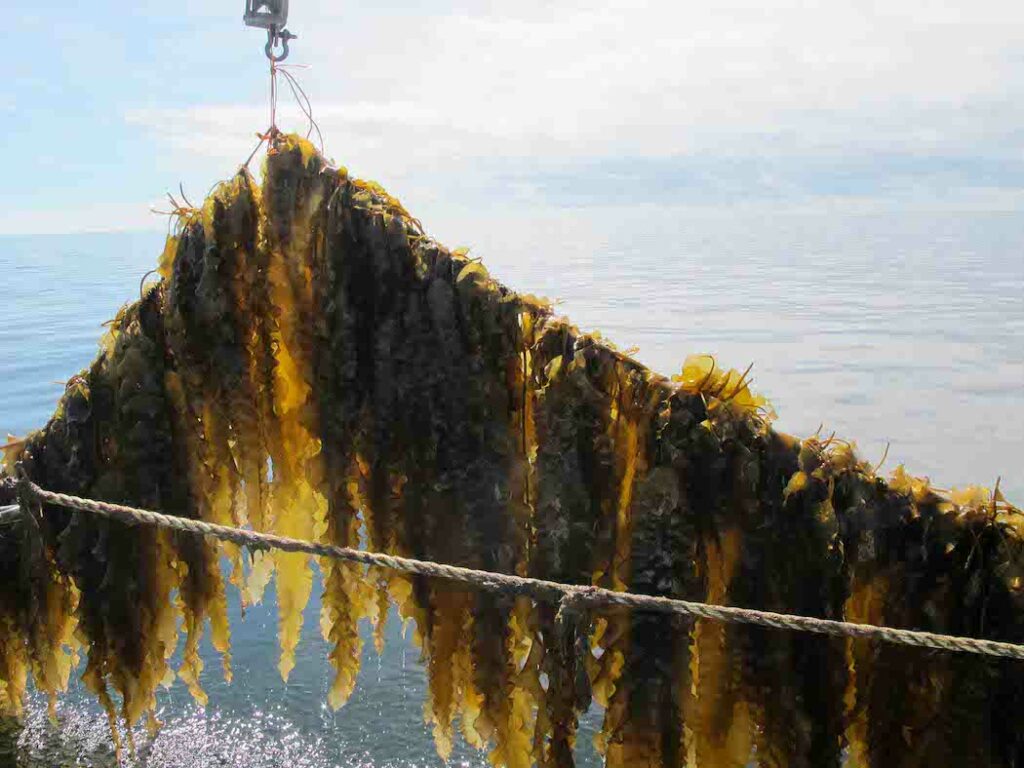Development of a land-based oyster hatchery could help bring back the oyster farming industry on Bras d’Or Lake

On May 27, 2022, the Government of Canada and the Province of Nova Scotia announced $2 million in funding support to help the Verschuren Centre for Sustainability in Energy and the Environment (the Centre) develop a land-based oyster hatchery. Once open, the hatchery will prepare broodstock and provide healthy seed, followed by facility decontamination of equipment and water, which prevents the unnecessary spread of the multinuclear sphere unknown (or MSX) parasite between oyster aquaculture sites.
The federal government will provide 70 percent of the funding, with 30 percent coming from the Atlantic provinces. The project seeks to address two priorities for Nova Scotia oyster growers: finding a way to address concerns and the spread of the MSX parasite and a lack of oyster seed. The lab-based process established at the Centre will reduce parasite prevalence and intensity in MSX-infected oysters resulting in almost zero mortality.
“For oyster producers in Cape Breton on the Bras d’Or Lake, this work is especially welcome as the oyster industry in that area has been devastated by the MSX parasite,” wrote the federal government in a press release. “Healthy, parasite-free oyster larvae from the Centre will allow the once rich oyster industry on the Bras d’Or Lakes to rebuild and return much needed economic stability to the local community.”
At one time, Bras d’Or Lake accounted for approximately 80 percent of oyster landings in Nova Scotia. But twenty years ago, the MSX parasite began causing mass mortalities in the oyster population of the Bras d’Or Lake, leading the Department of Fisheries and Oceans (DFO) Canada to close the estuary to oyster farming. It remained closed for two decades, but this funding for the Centre could help bring back the oyster farming industry and benefit local and regional economies in Nova Scotia “now and in the future.”
“Atlantic Fisheries Fund support for this project will truly deliver community and industry benefits to leaseholders in the Bras D’Or Lake Biosphere,” said Beth Mason, President and CEO of the Centre. “The revitalization of this key shellfish sector – through a novel mitigation strategy, seed nursery and hatchery – will enrich this world-renowned jewel for all who live, work and depend upon it for their livelihood.”
Could floating cages revitalize an oyster farming industry decimated by the MSX parasite?
The contribution comes from the $400 million Atlantic Fisheries Fund, jointly funded by the federal and provincial governments, and focuses on increasing opportunities and market value for sustainably sourced, high-quality fish and seafood products from Atlantic Canada.
“The Atlantic Fisheries Fund is enabling innovative ways to harvest, process and deliver high-quality, sustainably sourced fish and seafood from the commercial fisheries and aquaculture sectors,” said the Honourable Joyce Murray, Minister of Fisheries, Oceans and the Canadian Coast Guard. “The exciting work happening at the Verschuren Centre is key to the revitalization of a once-thriving oyster industry in the Bras d’Or Lake, and a welcome infusion of high-quality oyster into Nova Scotia’s fish and seafood sector.”
Follow the Advocate on Twitter @GSA_Advocate
Now that you've reached the end of the article ...
… please consider supporting GSA’s mission to advance responsible seafood practices through education, advocacy and third-party assurances. The Advocate aims to document the evolution of responsible seafood practices and share the expansive knowledge of our vast network of contributors.
By becoming a Global Seafood Alliance member, you’re ensuring that all of the pre-competitive work we do through member benefits, resources and events can continue. Individual membership costs just $50 a year.
Not a GSA member? Join us.
Author
Tagged With
Related Posts

Health & Welfare
Ecogenomics: New approach to understanding oyster health
The health of two key oyster species – the American and Pacific – is constantly under threat of parasitic infections leading to diseases MSX and dermo.

Responsibility
Pictou Landing First Nation to operate moderate livelihood lobster fishery in Nova Scotia
Pictou Landing First Nation will operate a moderate livelihood lobster fishery in Nova Scotia, with the federal government's understanding.

Responsibility
Is Nova Scotia’s seafood economy ready for climate change?
A Centre for Marine Applied Research study will assess the climate change readiness of seafood-dependent communities in Nova Scotia.

Responsibility
Pilot project cultivating kelp on shellfish leases demonstrates ‘extraordinary’ first year growth
A pilot project led by the Aquaculture Association of Nova Scotia has shown first-year success for cultivating kelp on shellfish leases in Nova Scotia.



